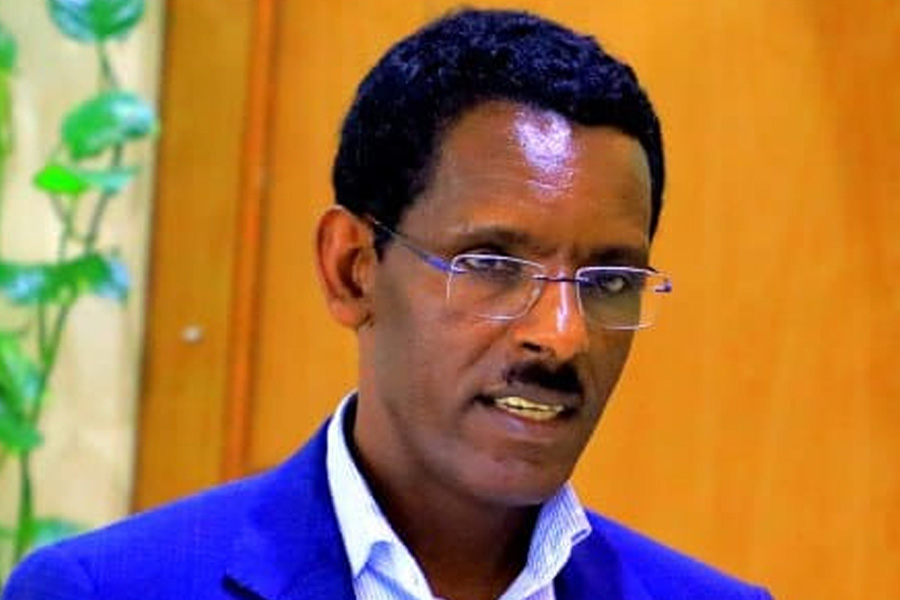
Radar | Dec 01,2024
The nation's first reinsurance firm, Ethiopian Reinsurance S.C., aka Ethio-Re, made a huge profit in the last fiscal year for the second year running. Ethio-Re bagged 164.6 million Br in net profit, a 23pc rise from the previous year.
The underwriting profit of the company also registered a remarkable 42.5pc increase, reaching 105.3 million Br. However, the earnings per share of the firm sunk slightly to 21.3pc from 21.4pc.
This considerable increase must have been good news to the shareholders, according to Abdulmenan Mohammed, a financial statement analyst with two decades of experience.
The performance has already delighted Robel Yimer, one of the shareholders, who says that the firm's achievements exceeded his expectations.
"I expected that the transition of the CEO could have an impact," he said. "But it was smooth and didn't affect its performance."
Following the departure of founding CEO Yewondwossen Itefa, the board of directors appointed Fikru Tsegaye as acting CEO, effective September 19, 2020. Fikru had been serving as an executive officer of strategic planning and business development at Ethio-Re.
The major cause for improved performance of the firm was an increase in gross premium and investment income combined with minimal claims growth.
Gross underwriting premiums showed a striking 25pc increase to 874.7 million Br, out of which 202.2 million Br was transferred as retrocession, which went up by 82.7pc. Ethio-Re ceded 189.3 million Br to reinsurers, marking a 12pc increase.
The gross written premium growth is way above the industry average of 18pc, according to Fikru.
The 1.2 billion Br investment in time deposits and the 121.9 million Br equity in bonds generated 129.2 million Br in income. This investment income registered a 25pc spike.
Ethio-Re did very well in investment activities, according to Abdulmenan.
Claims paid and provided for slightly rose by two percent to 335.7 million Br. This shows that Ethio-Re controlled claims very well, according to Abdulmenan, adding that this helped Ethio-Re considerably in improving its profit after tax.
Operating and other expenses at Ethio-Re rose by 46.5pc to 48 million Br, which the expert asserted was a considerable increase requiring the management's attention.
Fikiru says that expenses have expanded due to the support the company provided to national projects such as Dine for Sheger and Dine for Nation and various school feeding projects.
The company’s total assets increased by 10.5pc in value, reaching almost 1.8 billion Br, and long-term insurance business assets represented nine percent of the total, a rise from the 7.3pc recorded the previous year.
Ethio-Re invested 1.2 billion Br in time deposits, 52.2 million Br in shares and 121.7 million Br in bonds. These investments account for 74pc of the total assets of Ethio-Re.
This is a considerable proportion by industry standards, for which the management should be applauded, according to Abdulmenan.
Liquidity analysis shows that the liquidity level of Ethio-Re declined both in value and relative terms. Its cash and bank balances decreased by eight percent to 101.2 million Br, while the ratio of cash and bank balances to total assets dropped to 5.6pc from 6.7pc.
Ethio-Re should take precautions against a further reduction, according to Abdulmenan.
Fikru asserted that the firm has adequate preparation for meeting its liabilities.
“Our risk management report shows a healthier liquidity ratio, and [we are] the most liquid financial institution in Ethiopia,” he said.
Ethio-Re also managed to raise its paid-up capital by 30pc to 787.6 million Br. The company's capital and non-distributable reserves accounted for 46.6pc of its total assets, demonstrating that the firm's strong capital base is far higher than its operational needs.
Ethio-Re needs to use its capital efficiently, according to Abdulmenan.
Ethio-Re incurred losses during the first two years of operation following its founding in July 2016.
The board has been exerting maximum effort to understand the business environment, major challenges, and opportunities facing the company to take the necessary corrective measures and bring the company on track, according to Hailemariam Assefa, the board chairperson of Ethio-Re, which signed a memorandum of understanding for future cooperation with Oman Re early last week.
“During the course of the stay," said Hailemariam, "we've been engrossed in strengthening the relationship with the primary insurance market, the regulator, our business partners, shareholders and other stakeholders to guide the company to perform as expected."
All 17 insurance firms transfer five percent of all insurance policies to Ethio-Re, 25pc of treaty sessions, and policy coverages, assigned to other reinsurers. In August, the central bank also issued a directive that made Ethio-Re the lead reinsurer for any risk that falls out of a treaty signed between the insurance company and reinsurance firm. The directive also requires insurance companies to receive confirmation from Ethio-Re before covering a risk that exceeds 30pc of their gross retention capacity.
Robel also anticipates that the company will perform better in the coming years as it is the lone local reinsurance firm.
"I expect a major shift in the coming years," he told Fortune. "I also see a bright future for the company in the coming years as many international companies are coming to the country."
PUBLISHED ON
Jan 30,2021 [ VOL
21 , NO
1083]

Radar | Nov 27,2023
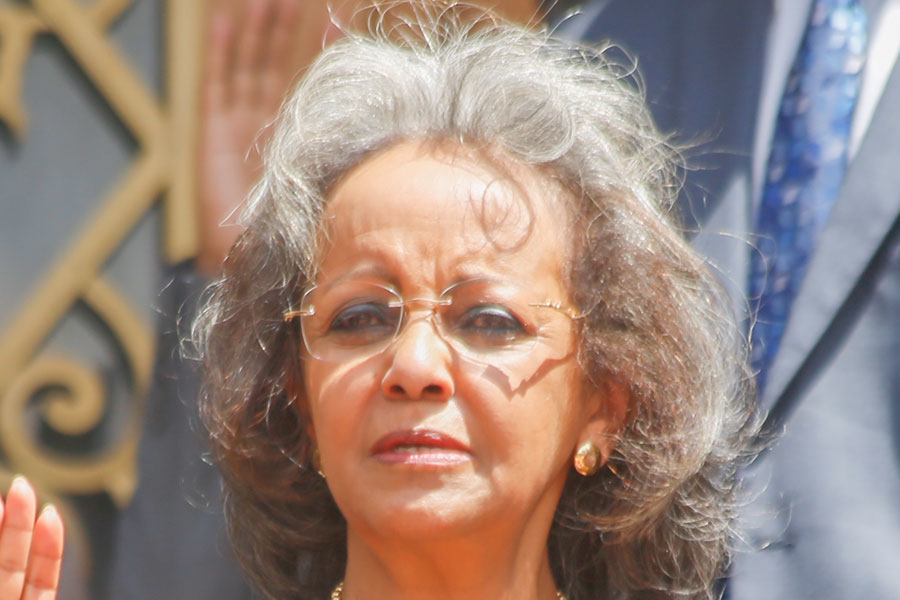
Verbatim | Oct 12,2024
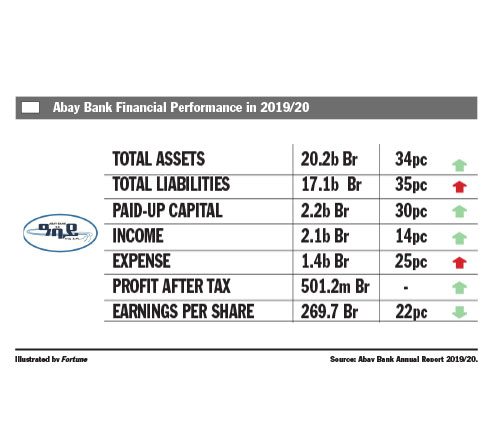
Fortune News | Apr 10,2021
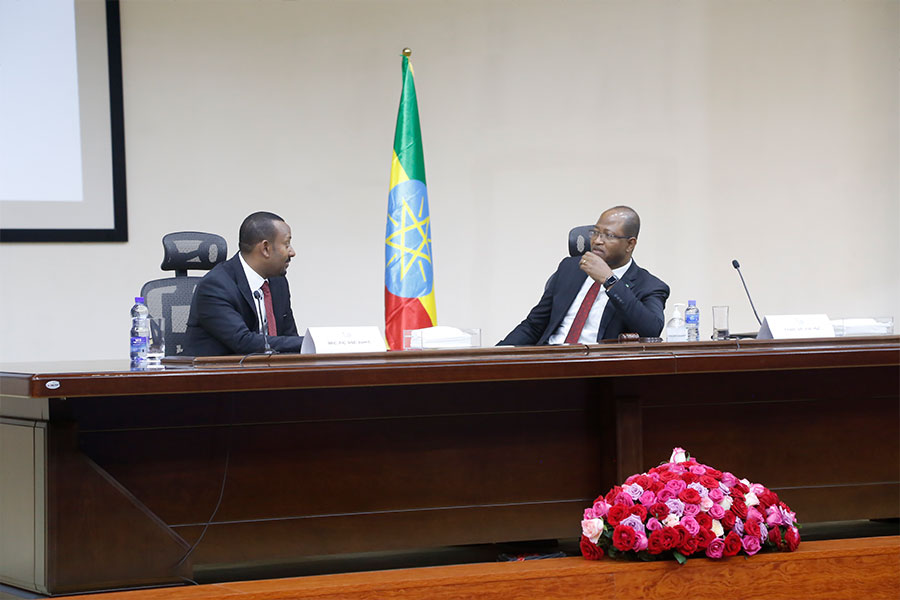
Fortune News | Jul 11,2021
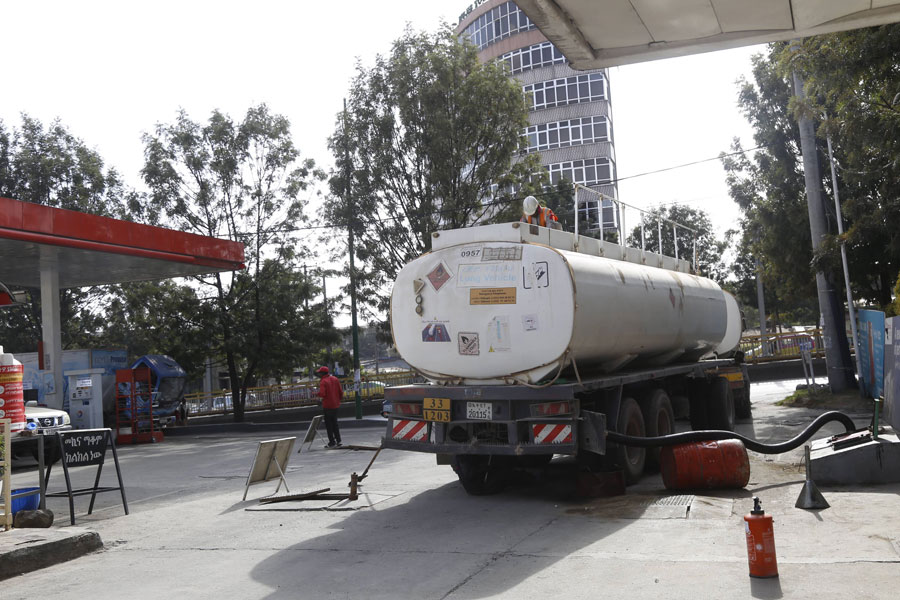
Fortune News | Jan 22,2022

Dec 22 , 2024 . By TIZITA SHEWAFERAW
Charged with transforming colossal state-owned enterprises into modern and competitiv...

Aug 18 , 2024 . By AKSAH ITALO
Although predictable Yonas Zerihun's job in the ride-hailing service is not immune to...

Jul 28 , 2024 . By TIZITA SHEWAFERAW
Unhabitual, perhaps too many, Samuel Gebreyohannes, 38, used to occasionally enjoy a couple of beers at breakfast. However, he recently swit...

Jul 13 , 2024 . By AKSAH ITALO
Investors who rely on tractors, trucks, and field vehicles for commuting, transporting commodities, and f...

Jun 28 , 2025
Meseret Damtie, the assertive auditor general, has never been shy about naming names...

Jun 21 , 2025
A well-worn adage says, “Budget is not destiny, but it is direction.” Examining t...

Jun 14 , 2025
Yet again, the Horn of Africa is bracing for trouble. A region already frayed by wars...

Jun 7 , 2025
Few promises shine brighter in Addis Abeba than the pledge of a roof for every family...